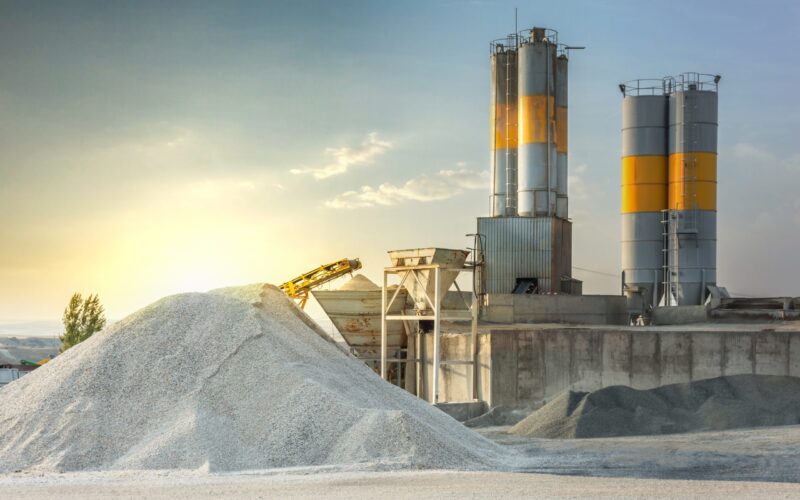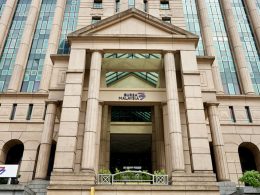The Indonesian Ministry of Industry is in the process of drafting a decarbonisation roadmap for the cement industry that is likely to be implemented by next year. This roadmap will detail the technical aspects of reducing carbon emissions from the cement industry, including decarbonization target intervals and an action plan for net zero emissions.
“We hope this roadmap can be completed by 2024-2025, with the regulatory framework finalized by 2025, allowing for implementation from 2025-2050,” said Putu Nadi Astuti, Director of the Cement, Ceramics, and Non-Metallic Mineral Processing Industries at the Ministry of Industry.
The roadmap will focus on strategies like reducing the clinker-to-cement ratio, switching to alternative fuels, innovative technology development, energy efficiency and supportive government policies.
While the roadmap will be adopted in 2025, efforts to reduce emissions in the cement sector have already started, which include steps like increasing energy efficiency using biomass and decarbonisation technology.
Indonesia’s cement industry needs to undergo decarbonisation to boost global competitiveness, particularly in light of stricter carbon regulations on imports like the EU’s Carbon Border Adjustment Mechanism (CBAM), scheduled for implementation in 2026.




















